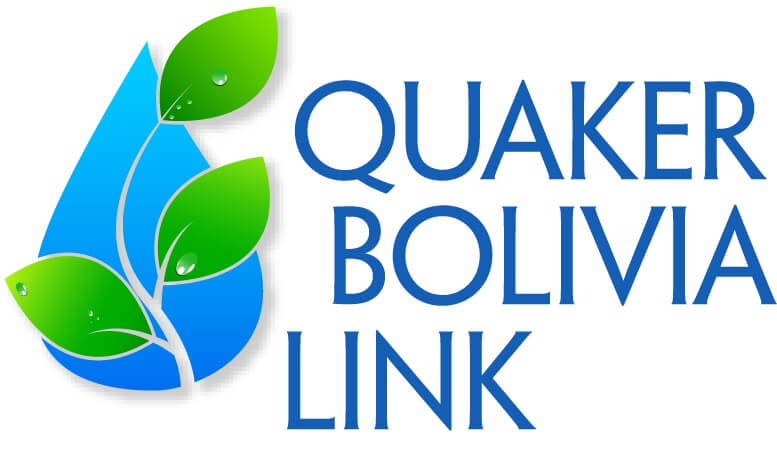A Quaker Response to Poverty
Quaker Bolivia Link aims to improve the living conditions of some of the more impoverished people in Latin America: the Aymara of the Altiplano. We fund community projects to provide clean water, improve food security and promote better health and wellbeing
Helping to build sustainable communities
Sixty-Five percent of Bolivians are indigenous Andean people. Many are poor and marginalized in their own country.
Quaker Bolivia Link works
with poor rural communities who live in the Andes on the Altiplano, at heights of up to 4,000m. Conditions here are challenging and the climate is becoming more unpredictable.
We were founded in 1995 by a group of British Quakers who had been on a study tour to Bolivia and were inspired by Bolivian Quakers.
In Bolivia, we work with like-minded organisations helping communities realise projects to
change lives.
Together we’ve worked with these communities to build over 500 greenhouses and construct over 55 water supplies, some of them with irrigation systems.
A clinic was built by Lake Titicaca and we have supported agricultural development and animal husbandry programs.
We have the support of many individual donors in the UK, Germany, Ireland and the United States. Over 250 Quaker Meetings have donated to us.
Providing Villages with Clean Water
Many villages still lack access to clean water. Families will often get their water from nearby streams and often spend up to 30-45 minutes every day fetching water. The water is not usually fit for consumption. Our projects aim to change this.
Food Security, Agriculture & Economic Development
These projects improve food security for Aymara families through better cultivation of quinoa, of other local cereals like haba and tarwi and of animal foage.
Latest Project Updates
View our latest Newsletter here
About Our Work in Bolivia
Where we work
QBL works in an area around La Paz, mainly in Pacajes Province. This is a hilly area of remote communities who have poor access to roads and transport.
Why Bolivia
Indigenous Bolivians face many obstacles including poor soil and a lack of safe water for drinking. There is widespread malnutrition. 59% of rural populations are unable to meet basic nutritional needs.
This is urgent
There is a high infant mortality rate: 29.7 infant deaths per 1,000 live births in Bolivia compared to 3.8 infant deaths per 1,000 live births in the UK.
QBL is WORKING
QBL have initiated many projects which have made an impact in 127 communities. So far 16,186 families have directly benefited and a further 42,493 families have indirectly benefited from our projects.
QUAKER BOLIVIA LINK – HOW WE WORK
Working with our partner organisations in Bolivia, QBL has a process that encourages sustainable development through investment, education, and public health infrastructure improvement.
Communities themselves propose projects and are involved in the planning and development. The local people invest their time and labour in doing a lot of the hard work themselves in making the changes. There is continuing involvement in making sure that the improvements are sustained. For example, in a water project:
- A water committee is democratically elected by the community and is responsible for maintaining the system.
- Each villager contributes a small monthly amount to the community “sustainability fund.” This fund covers regular maintenance needs when they arise.
Communities are visited regularly to ensure that the water system is functioning properly. We provide any technical help that they may need. After three or four years, a thorough evaluation is done to review how the water committee is working, how the water system is functioning and measure the impact that the water system has had on village health.
Please can you support Quaker Bolivia Link?
We use Just Giving to support us in receiving online donations – please click here to donate online
Newsletter Archives
We have kept an archive of our newsletters here and you are welcome to view them.
How to support QBL from the USA
Quaker Bolivia Link – USA ended its own operations at the end of 2020 but you can still donate to similar work.


